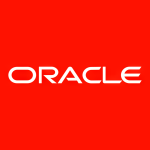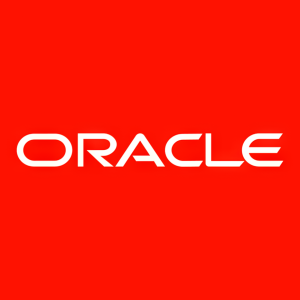Welcome to our dedicated page for Oracle news (Ticker: ORCL), a resource for investors and traders seeking the latest updates and insights on Oracle stock.
Oracle Corporation (ORCL) delivers cutting-edge enterprise software and cloud infrastructure solutions to organizations worldwide. This dedicated news hub provides investors and technology professionals with timely updates on Oracle’s strategic initiatives, financial performance, and product innovations.
Access official press releases and curated analysis covering earnings announcements, cloud platform developments, strategic partnerships, and leadership updates. Our repository ensures you stay informed about Oracle’s advancements in database management, AI-driven applications, and hybrid cloud solutions without needing to monitor multiple sources.
Key updates include quarterly financial disclosures, acquisitions in enterprise technology, product launches across Oracle Cloud Infrastructure (OCI), and regulatory filings. Bookmark this page for streamlined access to essential information that impacts Oracle’s market position and technological leadership.
Oracle (NYSE:ORCL) has launched new Trade Finance and Supply Chain Finance cloud services designed to modernize and streamline banking operations. These services aim to help banks provide faster financing access to corporate and SME clients through automated trade processes.
The new solutions feature digital self-service capabilities, automated workflows, and real-time updates for corporate clients. Key functionalities include digital onboarding with automated KYC checks, transparent tracking of finance requests, collateral management, and real-time limit utilization monitoring.
The announcement comes as the global trade finance gap reaches $2.5 trillion, representing 10% of global merchandise trade, according to the Asian Development Bank. The cloud services are part of Oracle's broader Banking Cloud Services portfolio and operate on Oracle Cloud Infrastructure.
Oracle (NYSE:ORCL) announced that Oracle Red Bull Racing, a six-time Formula One world champion team, is implementing Oracle Fusion Cloud Applications Suite to modernize its operations. The implementation includes Oracle Fusion Cloud Enterprise Performance Management (EPM), Enterprise Resource Planning (ERP), Human Capital Management (HCM), and Customer Experience (CX) solutions.
The move aims to help the racing team increase productivity, reduce costs, and enhance employee and fan experience. The cloud migration will replace manual spreadsheet-based processes and provide a unified platform for finance, HR, and customer experience data. The implementation will be managed by Oracle Consulting with ongoing support from Oracle Customer Success Services.
Oracle (NYSE:ORCL) announced that Fortify Children's Health, a Virginia-based pediatric care network with over 1,000 providers, has implemented Oracle Health Data Intelligence to enhance pediatric care delivery and manage value-based care contracts. The platform integrates data from multiple EHRs, payer claims, state health information exchange, and immunization registry to create comprehensive patient health histories.
The implementation has led to significant improvements in adolescent immunization rates, infant well visits, and asthma patient care. The system automatically identifies care gaps, delivers follow-up alerts, and helps prioritize patient outreach. Fortify Children's Health plans to expand capabilities to include social determinants of health insights for better care decisions and community resource allocation.
Oracle (NYSE:ORCL) has announced that its cloud-based Public Safety Suite is now available to Texas state and local entities through the Texas Department of Information Resources (DIR). The initiative aims to modernize public safety solutions across Texas's 254 counties serving over 31 million citizens.
The suite features AI-enhanced capabilities, including generative AI for automated narrative generation in the Record Management System (RMS). Built on Oracle Cloud Infrastructure, the platform unifies call taking, dispatch, records, jail, and evidence management into a single system while ensuring CJIS Security Policy compliance.
The DIR contract provides a simplified, pre-negotiated procurement process for law enforcement, emergency agencies, public safety departments, educational institutions, and special districts throughout Texas.


